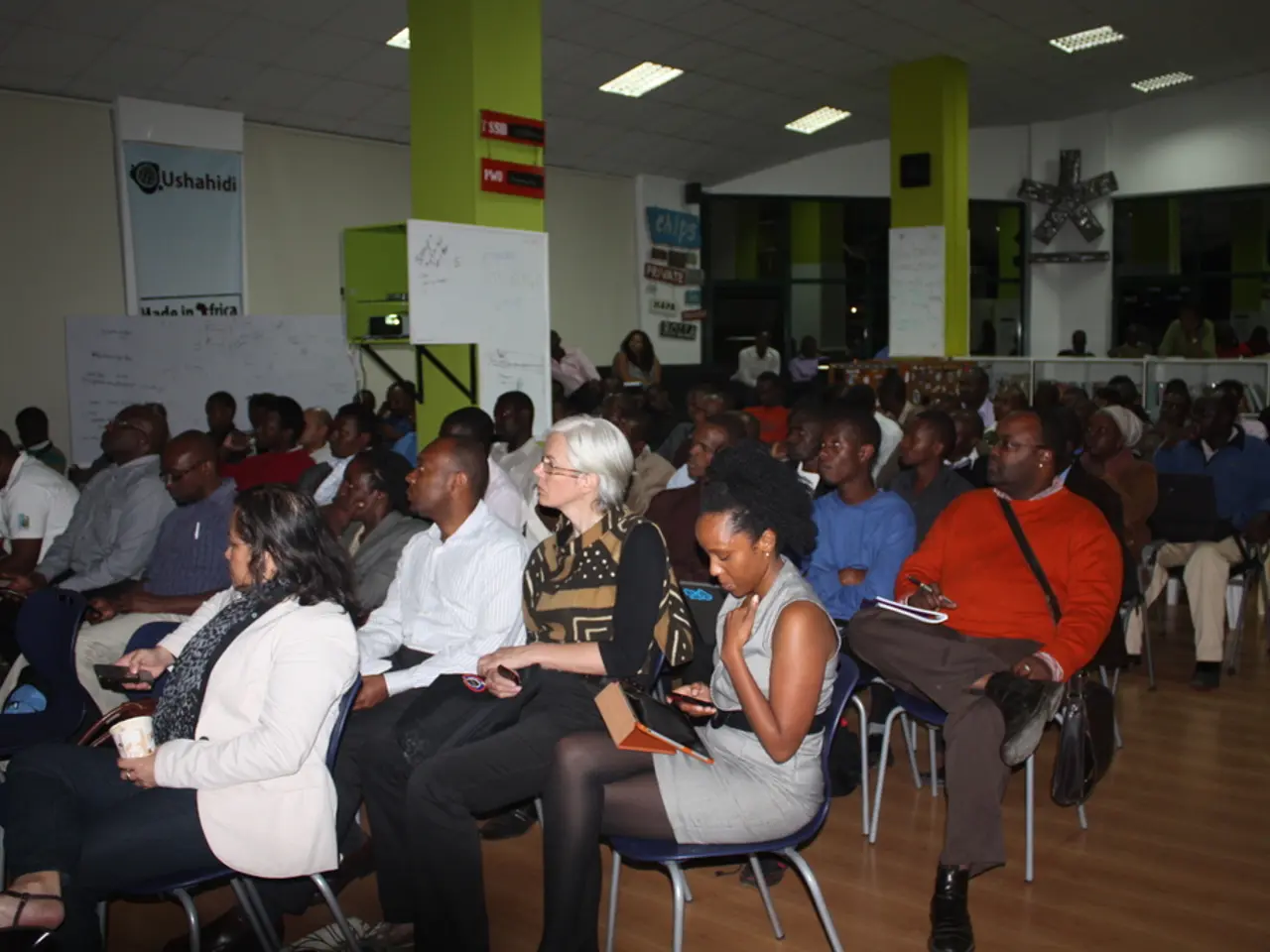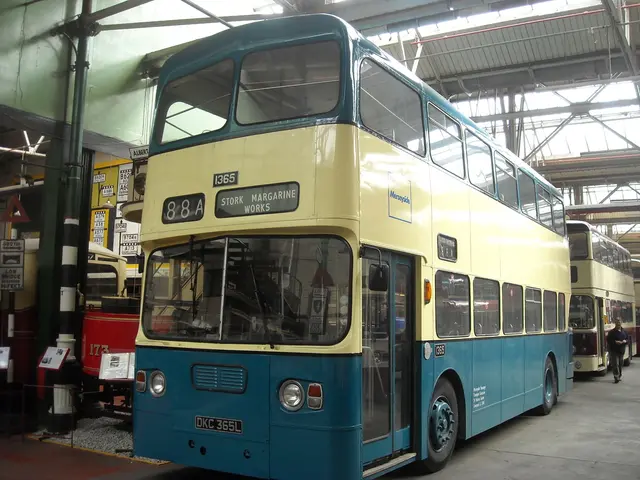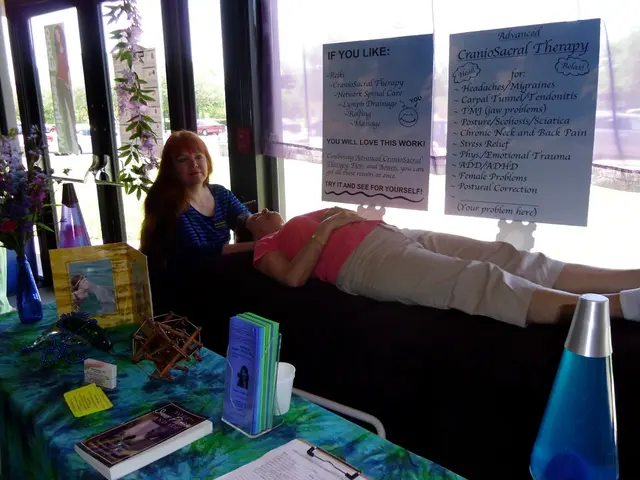Education revitalization needed in NRW
In North Rhine-Westphalia (NRW), Germany, the state government is taking significant strides to tackle teacher shortages and improve conditions for working parents in kindergartens and schools, with a focus on enhancing social mobility for children from disadvantaged backgrounds.
One of the key strategies involves teacher recruitment and training initiatives. NRW has introduced teacher education earlier, integrating teacher training into high schools to attract future educators at a younger age and increase the pipeline of qualified teachers. Moreover, teacher training now incorporates specialized strategies such as a "toolkit for promoting achievement motivation," designed to support children, especially those from migration and difficult social backgrounds, reinforcing their school belonging and motivation during critical transitions.
Another approach is career orientation and bridging the school-home-work worlds. Some NRW schools that provide outstanding career and study orientation have been awarded the "career choice seal," part of the state’s "Kein Abschluss ohne Anschluss (KAoA)" initiative. This program helps students from diverse backgrounds make independent decisions about their futures by building strong connections between school, family, and the workforce, which is crucial for social mobility. It also involves collaboration with local businesses and agencies, supporting practical engagement and smoother transitions for students.
NRW is also addressing the unique challenges faced by refugee and disadvantaged children. The state has exploratory projects related to education for refugees, including trauma-sensitive support for teachers to address the specific challenges faced by children with refugee backgrounds who may suffer from chronic stress or violence. This aims to create a more inclusive and supportive learning environment for vulnerable children, facilitating better integration and educational outcomes.
Improving working conditions for parents and staff is another aspect of NRW's holistic approach. Although specific policies for working parents in kindergartens and schools are less explicitly detailed, the broader focus on systematic career guidance for students and teacher motivation indirectly supports working parents by encouraging stable, well-resourced educational environments.
However, to create better conditions for children from disadvantaged backgrounds, the abolition of kindergarten and OGS fees is considered necessary, along with the provision of free meal offerings. The state government also needs to ensure the provision of free meal offerings and improved digital access to devices in kindergartens and OGS.
Addressing the shortage of teachers and specialists in kindergartens is another significant challenge that needs to be addressed. The state government aims to address this shortage, with a goal to provide at least 8,000 teachers and 20,000 specialists in kindergartens by 2030.
The issue of social mobility applies not just to NRW, but to highly developed industrialized countries, including Germany. It takes six generations, or 180 years, in Germany for someone to move from the bottom to the middle of society. This is compared to an average of five generations in the OECD countries. The goal is not to go from dishwasher to millionaire, but rather from dishwasher to cook in terms of social mobility.
In conclusion, NRW's strategies to address teacher shortages, improve working conditions for parents, and support disadvantaged children are a step towards enhancing social mobility. By fostering partnerships that connect schools with families and employers, NRW is creating a more equitable and supportive educational environment for all children, regardless of their background.
- The state's "Kein Abschluss ohne Anschluss (KAoA)" initiative, implemented in certain NRW schools, bridges the gap between the school, home, and work environments, contributing to social mobility by empowering students from diverse backgrounds to make independent decisions about their futures.
- Recognizing the importance of education and self-development in politics, the state government in NRW is working on addressing the shortage of teachers and specialists in kindergartens, aiming to provide at least 8,000 teachers and 20,000 specialists by 2030, with a focus on enhancing opportunities for children from disadvantaged backgrounds.




